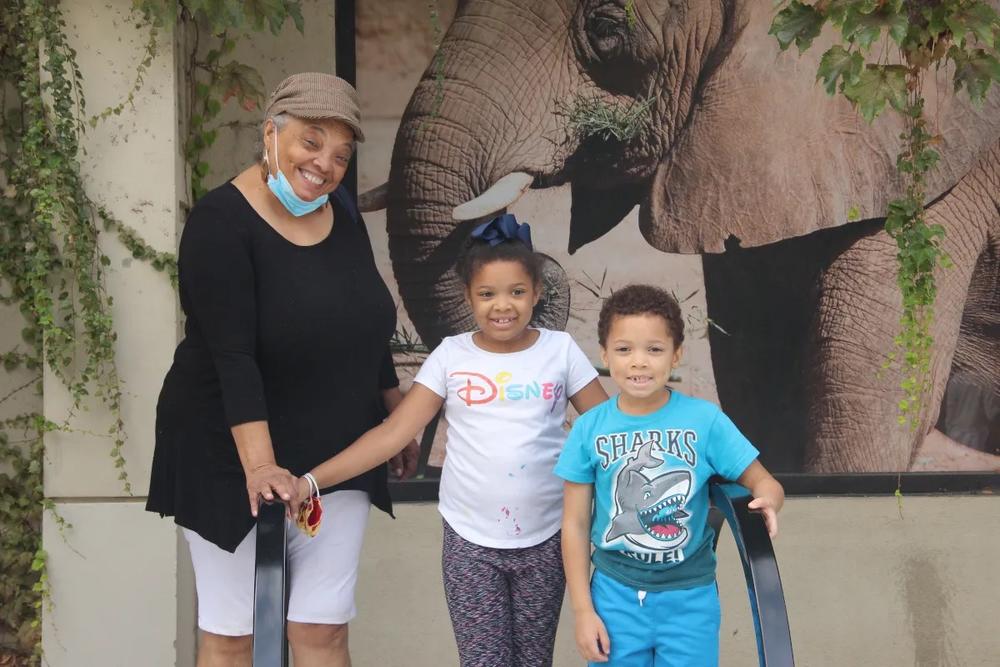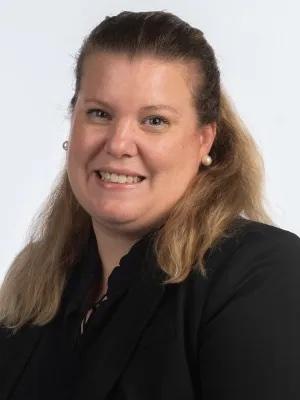
Caption
A grandparent visits Zoo Atlanta with her grandchildren. Project GRAND, the largest kinship family services provider in metro Atlanta, helps grandparents who raise grandchildren with disabilities find aid and resources.
Credit: Sherri Feliccia / ISDD


